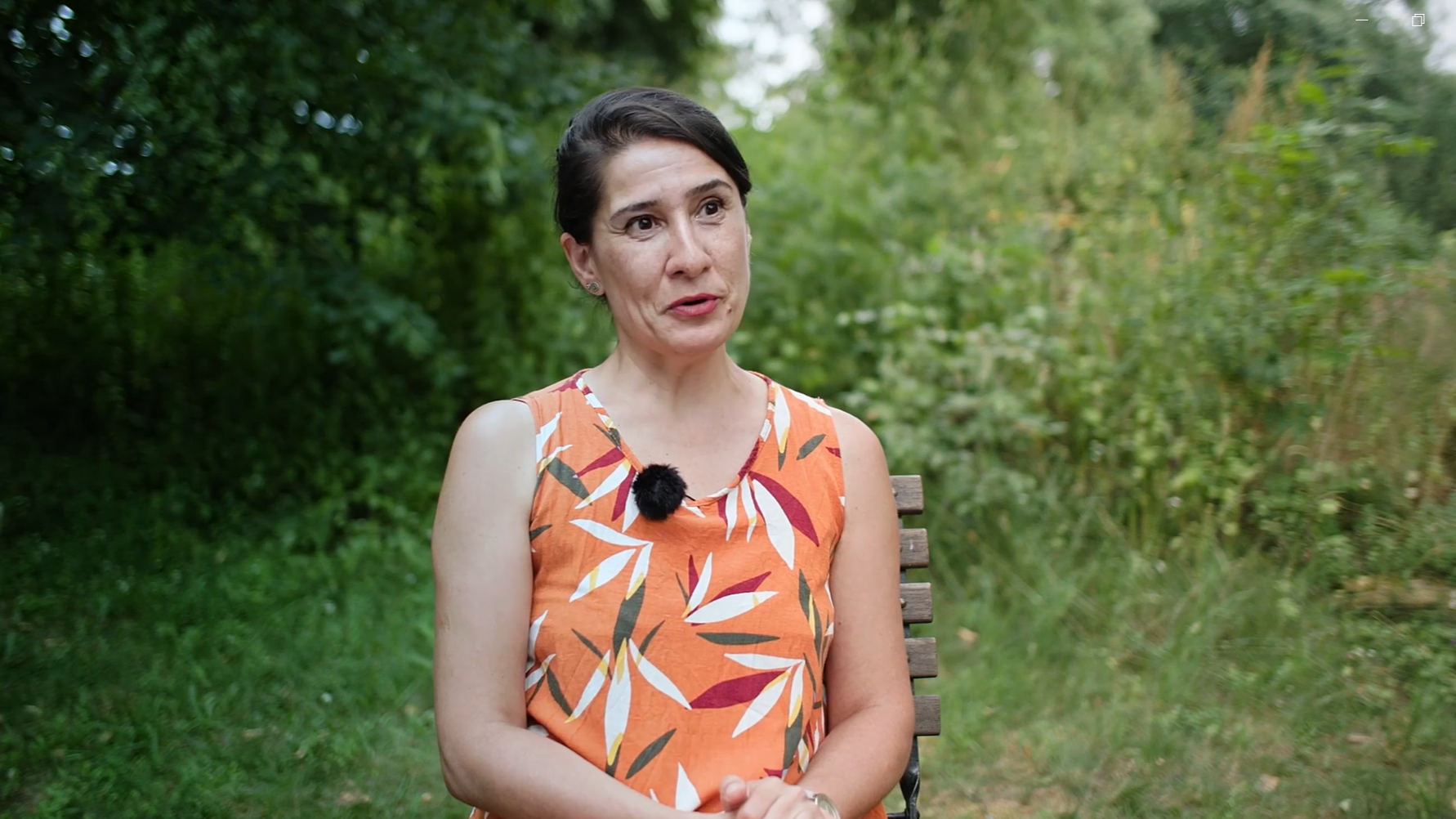In the second installment of our video series covering the Co-creating Sustainable Food Supply Chains (Co-SFSC) Project, Aylin Topal of Middle East Technical University explains the history, background and goals for the Turkish hub.
Aylin explains that it is important to contextualize this project in the increasing awareness of the “worsening life conditions” of both the urban poor and rural food producers. In the last 15 years in Turkey, there has been a growing concern for both environmental issues as well as the crises among those living in poverty.
 The project within the Turkish hub can be seen as an outgrowth of Gezi Park protest movement, in which protester were making a statement about the urban commons, nature, and how urban space is increasingly commercialized for private profit. This movement “triggered and accelerated the already existing discontent of the urban population against the market ridden government.” The Gezi resistance ignited a renewed concern for the commons, the environment and social justice, which spread throughout the populace.
The project within the Turkish hub can be seen as an outgrowth of Gezi Park protest movement, in which protester were making a statement about the urban commons, nature, and how urban space is increasingly commercialized for private profit. This movement “triggered and accelerated the already existing discontent of the urban population against the market ridden government.” The Gezi resistance ignited a renewed concern for the commons, the environment and social justice, which spread throughout the populace.
The stakeholders in the Turkish hub include various cooperatives, both of food producers and consumers, but the researchers will also be working with the local municipalities. Aylin explains that as there is increasing control from a top down level, there is also increasing attention for citizens to wrest power on the local level through decentralization and local democracy; “the local space is a site for urban or rural communities to do something for their lives. The bottom-up grassroots mechanisms are increasing.” In the Turkish Hub they are attempting to transform and accelerate these processes by engaging municipalities, supporting cooperatives, and attempting to establish local citizen food councils.
Aylin’s greatest hope for the project involves expanding consumer cooperatives, connecting cooperatives together to increase their strength and resilience, and co-creating a more formal network of cooperatives. Envisioning a kind of “real utopia” that could be possible in the future, Aylin imagines:
“I would like to see a Food Council for every city based on ecological borders, natural borders. I am hoping municipalities coordinate together…I am hoping those regions have their food council with the participation of the citizens…I am picturing a lot of cooperatives: on the farmer’s side, on the consumer’s side, but also I am picturing a designer’s cooperative, to design the packages, a logistic cooperative so that producers and consumers are not dependent on these big logistics companies. I am picturing a chain of cooperatives at every link in the supply chain.”
Please enjoy Aylin’s wonderful visioning in the full interview here:
You can read more about the project on our website (https://www.sustainablefood-sc.org/), and find links to all of our social media handles there.
